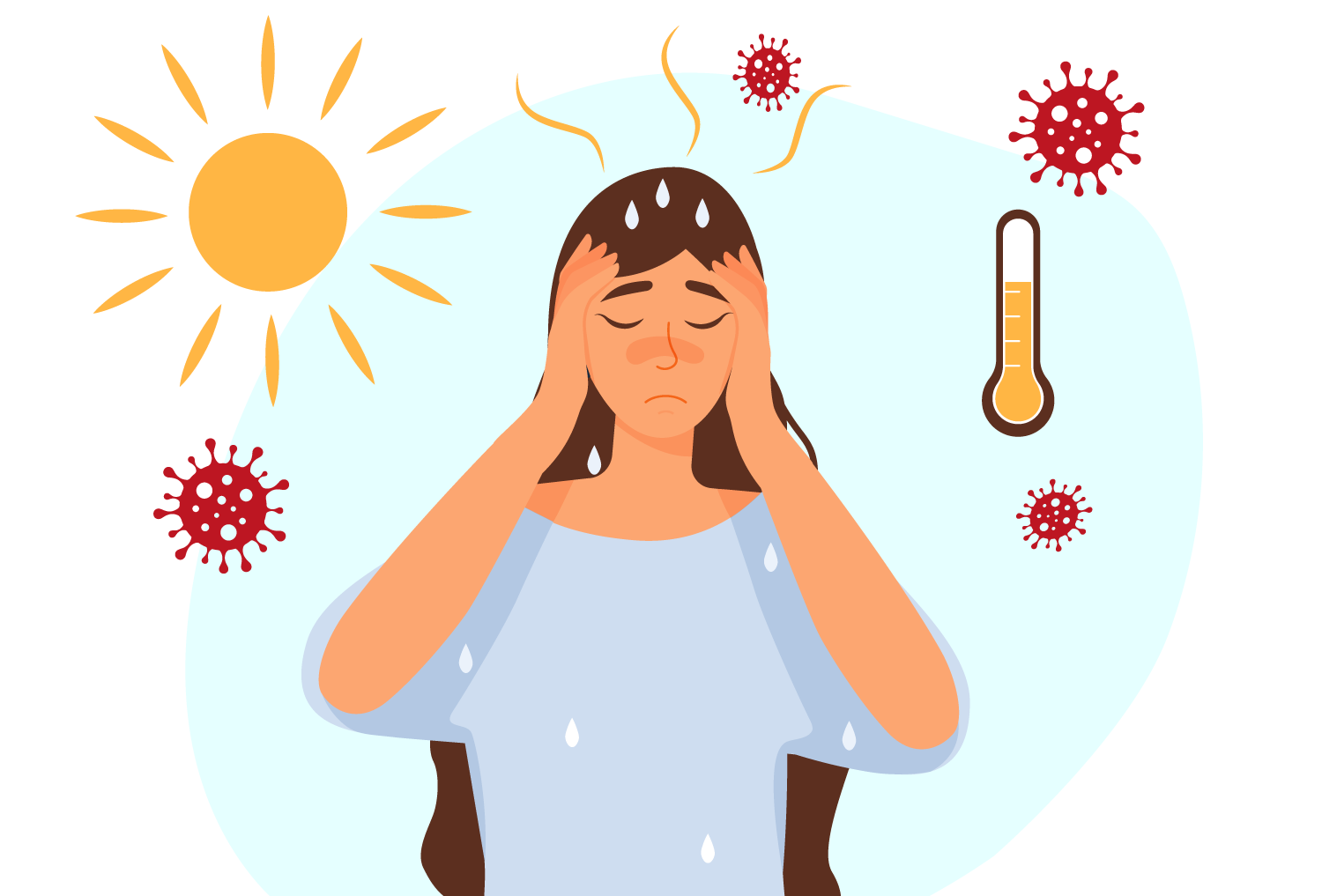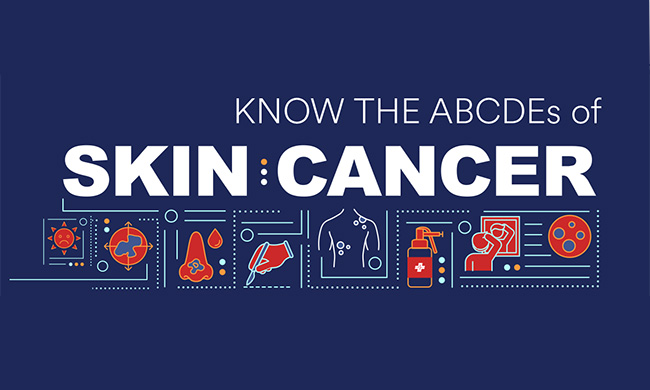
Ticks, Sunburns and Bites . . . Oh My!
Ticks. Sunburns. Animal bites. These are the hallmarks of urgent care during the summer months when individuals and families spend time more time outdoors. They soak up the sun with too little sunscreen. They wander in the woods where tiny hitchhikers are waiting. They experience an unfriendly confrontation with fido while running, walking or enjoying the warm weather.
But Summer 2021 was a little different than most. Fast Pace Clinics reported an unusually high number of respiratory illnesses, including those connected to COVID-19.
The upward trend in COVID transmission appeared after the Fourth of July holiday, according to Dr. Paul Southall, Chief Medical Officer at Fast Pace Health. Clinics reported 4 or 5 positive COVID cases per day during May and June. Those numbers increased to 15 to 20 per day after the holiday.
Why the increase? More social gatherings. Fewer face coverings. Less attention to social distancing.
Although many states have eased requirements for wearing a face-covering in public, the Centers for Disease Control continues to recommend face-coverings — regardless of vaccination status — in public places when social distancing is not possible. Fast Pace Health encourages vaccinations to slow the spread and reduce the severity, of COVID-19.
Not surprisingly, it was a non-traditional summer for Fast Pace Health.
But today, we thought we’d take a moment to explore the more common causes of urgent-care visits over the summer and how to prevent them. Although school is back in session, outdoor recreation remains alluring with these weekend weather conditions. So let’s start with sunburns, which can still strike during the autumn months.
Sunburns
Did you know you can even get a sunburn on cloudy and snowy days? It’s true.
While sunburns are most common in the summer, they can also happen year-round. Unfortunately, many people only apply sunscreen during the dog days of summer and forget to take the same precautions during other times of the year.
Applying sunscreen year-round can help prevent burns and long-term sun damage. If you are working outside, apply sunscreen. If you are sitting on the sidelines during your child’s soccer game, apply sunscreen. If you are hiking in the hills, apply sunscreen.
Here at Fast Pace Health, we aren’t simply concerned about relieving the temporary discomfort of a sunburn. Sunburns also put you at risk of skin cancer.
“The more intense a sunburn is, even as a single time, it increases your risk of skin cancer,” Southall said.
Southall recommends people limit their time outdoors during high-sun times. These range from 10 a.m. to 3 p.m.
Bites
Insect bites are a common summer-time irritation. We thought we’d touch one insect in particular: the tick.
These tiny little arachnids are common in the backcountry. They thrive in forested areas with high grass and leaf litter. Trouble is, they love to come home with hikers. Not only that, but they can transmit diseases like Lyme Disease or Rocky Mountain Spotted Fever.
The Centers for Disease Control reported nearly 51,000 cases of tick-borne illnesses during its latest report in 2019. Only once in the last 15 years have the number of cases been higher. That was in 2017, which the nation logged nearly 60,000 cases.
So what do you do if you get a tick bite?
The best option for removing ticks is using tweezers to pull out the body from the skin slowly, Dr. Southall says. If you think you removed the tick incorrectly, it is best to visit an urgent care center. A doctor may then prescribe antibiotics to treat the bite.
Watch for symptoms like fever, chills, headache, muscle and joint aches, or a rash. These could be signs of the two common tick-borne illnesses mentioned above: Lyme Disease and Rocky Mountain Spotted Fever. Symptoms of these diseases typically occur within three to seven days after the bite.
Physical Injuries
Ever fallen off your bike? Or twisted an ankle while playing soccer? Or experienced a fender-bender that made your neck feel sore the next day.
We see all sorts of physical injuries during the summer in our clinics. Although they may come with increased frequency when the weather is warm, they are common occurrences year-round. Because of that, we thought we would include a little word of caution in today’s blog.
The best way to prevent physical injury is to exercise caution and use the right safety equipment.
“If you’re riding a bicycle, you should be wearing a helmet,” Dr.Southall said. “You have a much more likely chance of preventing something bad from happening if you’re wearing the protective gear that you’re designed to wear.”
If you’re riding in a car, the same principle holds true: wear a seat belt. If a child is in the car, make sure to use a car seat that has been installed correctly.
“Kids in car seats tend to be protected,” Dr. Southall said. “When used appropriately, it’s unbelievable how good they are.”
Perhaps the last recommendation is obvious: limit alcohol consumption. Never drink and drive. Injuries tend to happen when alcohol is involved. Excessive use of alcohol can impair decision-making ability and increase the likelihood of an urgent care visit.
“You may do things that you typically would not do,” Dr. Southall said.
Year-Round Health
Whether it is summer, winter, spring or fall, Fast Pace Health stands ready to help with your family’s healthcare needs. We have can help with those bumps, bruises and bites that tend to arise year-round. The average wait time at Fast Pace Health is usually less than an hour. No appointment is needed.
With respiratory illnesses on the rise, please exercise caution. Wear a face-covering in public places if social distancing isn’t possible. If you haven’t received a vaccination, please consider doing so to slow the spread of this disease.
We are so grateful to be part of your community. Please drop by if you have any questions about your family’s health.
–
This blog was originally published in Sept. 2021
Related Resources


